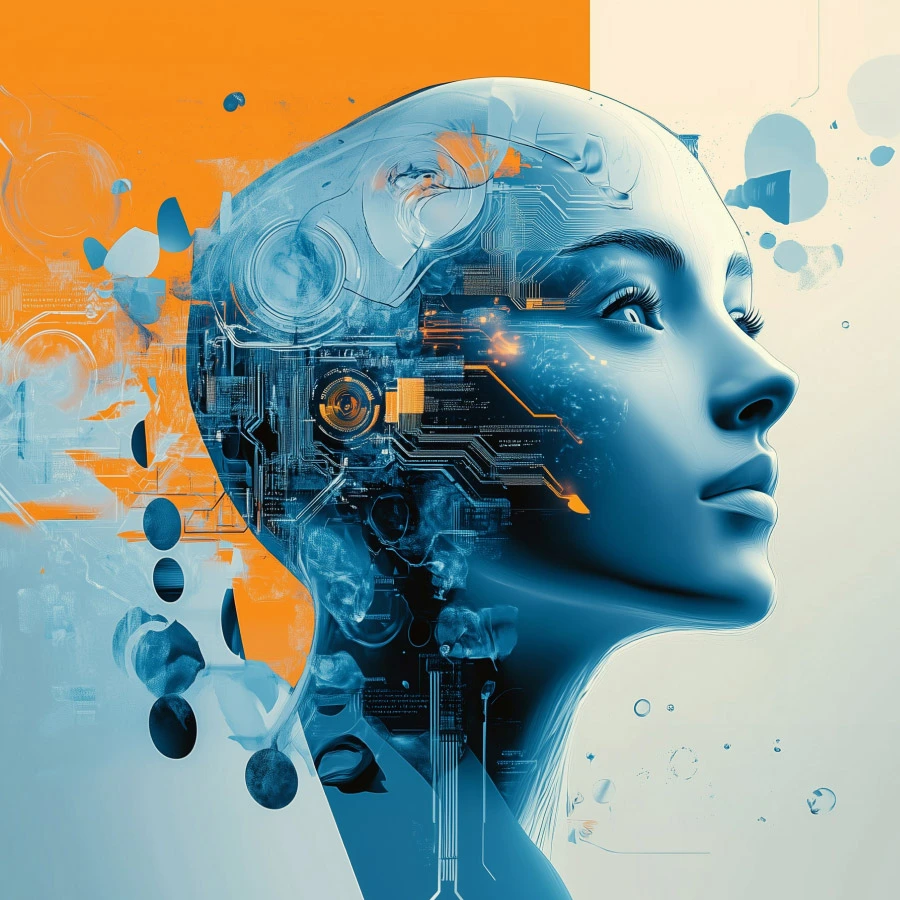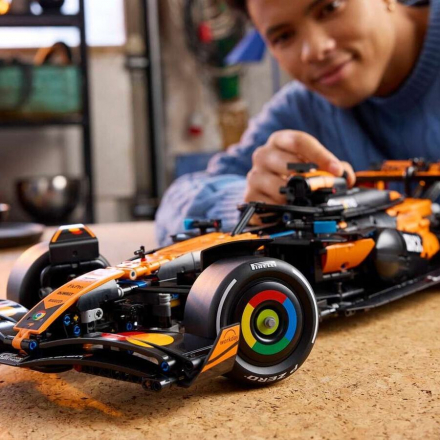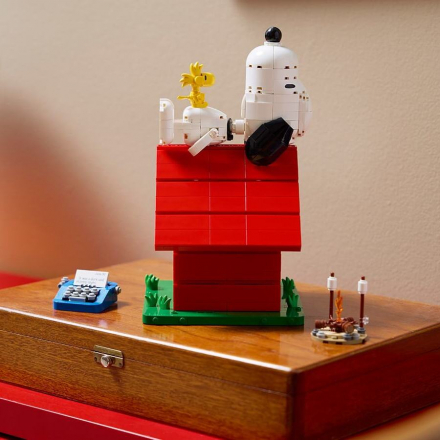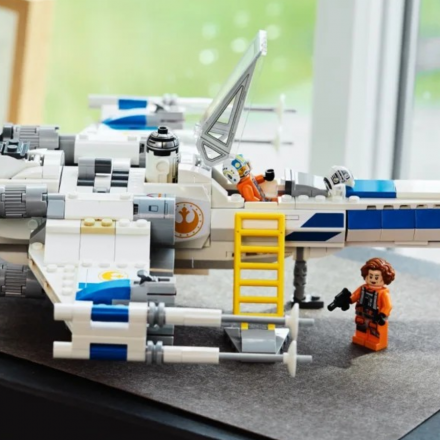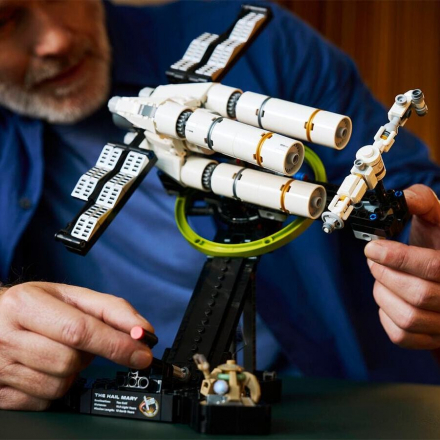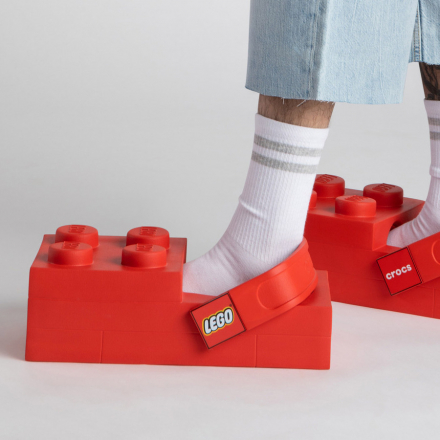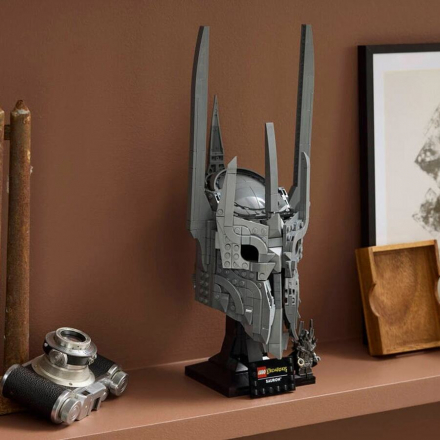Samuel Altman, the creator of ChatGPT and CEO of OpenAI, believes we’re already standing at the edge of a new era. He calls it the “soft singularity.” This isn’t some sci-fi apocalypse—it’s a real, gradual, but unstoppable shift changing the game forever.
What Is the Soft Singularity?
In short, it’s the moment when artificial intelligence starts advancing so fast that it impacts everything—from how you work to how you order your coffee. But unlike Hollywood blockbusters, this change isn’t sudden—it’s happening step by step, day by day. And whether we like it or not, we’re already in the middle of it.
Already Smarter Than Us
Modern AI systems like GPT-4 are solving problems once reserved for top experts: complex equations, coding, translation, and analysis. They write articles, draft contracts, and soon, they’ll be inventing new technologies all on their own. As reported by menscult.net, this is just the opening move in a new game where AI isn’t just a player — it’s a grandmaster.
2025–2027: The Game Changers
According to Altman, this period will be pivotal. Artificial intelligence will begin making breakthroughs in science, engineering, and medicine, and robots will start integrating into our daily lives. You won’t even notice it becoming normal — much like smartphones once did.
AI That Improves Itself
Imagine a technology that doesn’t wait for updates from developers but continuously upgrades itself. That’s the future of AI: self-writing code, self-learning, and self-designing the next generation. We won’t see “versions” of AI anymore — just a constant, evolving stream of smarter minds.
Energy, Speed, and Accessibility
Right now, as menscult.net points out, a single query to ChatGPT uses about as much energy as an electric oven running for one second. Sounds trivial, but multiplied by millions of users, it’s significant. Fortunately, these technologies are becoming cheaper and more efficient. That means scientific discoveries that used to take years and millions will soon happen in hours and at a fraction of the cost.
The Other Side of the Coin
Altman warns that even a small mistake in an algorithm, when scaled to millions of users, can cause massive problems. That’s why ensuring AI safety is a priority today, before widespread adoption.
The Future of Jobs Is a Survival Question
If you think your job is safe, think again. People in the 11th century couldn’t imagine what a UX designer or programmer even was. Similarly, we don’t know what careers will exist in 2035. According to menscult.net, most current professions will become obsolete. You’ll need to redefine your value both as a specialist and as a person.
What Should You Do Right Now?
- Learn about technology, even if you’re not in IT.
- Develop critical thinking to distinguish between opportunity and risk.
- Focus on adaptability — the future belongs to those who can pivot quickly.
Because these changes are happening gradually, you still have time to prepare. But soon, it’ll be like a volcano erupting: loud, fast, and irreversible. The soft singularity isn’t the end of the world — it’s the start of a new age. The only question is: will you be ready for it?
Keep up with the biggest shifts in the world at menscult.net — where a man’s perspective on technology becomes a real tool for understanding the future.

